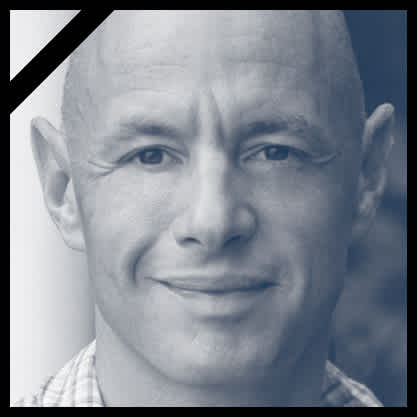- Home
- Research & Transfer
- Research Projects
- Contested World Orders
Contested World Orders
The project involves the analysis of the evolution of world order, its underlying normative differences and conflicts as well as the question of the legitimacy of international authority. The participating Leibniz Institutes (WZB, HSFK and GIGA) use a common analytical framework to investigate forms of political authority beyond the nation state, its politicization on the part of the "rising powers" and non-state actors, as well as associated implications for peacefulness of world order.
Leibniz Association, 2012-2016
Team
Head
Research Questions
- How do "rising powers" and transnational non-governmental organisations contest international institutions?
- What differences and similarities do these contestations demonstrate, particularly with regard to underlying norms and concepts of legitimacy?
- What are the repercussions of these contestations for the authority of international institutions?
Contribution to International Research
The project aims to unite these two separate discourses and to study the interactions between the two different sets of actors. In particular, the project focuses on the demands and criticism that the "rising powers" and the non-governmental organisations address at international institutions, examining their commonalities and differences. The project thus aims to systematically assess the forms of contestation addressed at international institutions, as well as their implications for these institutions’ authority and legitimacy.
Research Design and Methods
The project unites the expertise of the three Leibniz institutes involved, drawing upon their previous work on the authority of international organisations (WZB), the legitimacy claims of NGOs (HSFK), and the "rising powers" (GIGA). As a first step, the project developed its basic concepts for a joint publication. In addition to the topic of resistance, it also investigated the authority and legitimacy of these institutions. As a second step, the researchers created a database that systematically assesses forms of authority and corresponding contestations and legitimacy claims over time and in different fields.
Preliminary Findings
In the framework of the project a high-ranking edited volume was published, under the guidance of the cooperation partners from the WZB. The contributions to that volume focus on the preferences and strategies of NGOs and BRICS states in eight different policy fields ranging from security to issues related to welfare. In their theoretical framework paper to the volume the authors from the WZB highlight three research questions: a) the extent of support or opposition of NGOs and BRICS for the aggregation of political authority by international institutions, b) their support or opposition to the institutionalisation of liberal policies and principles, and d) the distance of the actors’ preferences from the institutional status quo.Based on a (quantitative or qualitative) statement analysis, the case studies will reveal similarities and differences among and within the two sets of actors under scrutiny. The GIGA contributes three case studies in the policy fields of climate finance, health governance and the UN security council as well as an additional case study on regional governance. The GIGA researchers have developed the empirical datasets for these contributions. Preliminary results indicate that in the climate case, rising countries act defensively and often avoid further commitments, while in security they act offensively and claim more authority. In addition, in some policy fields Southern NGOs’ viewpoints may come closer to their government’s positions than to those of their Northern NGO allies.






